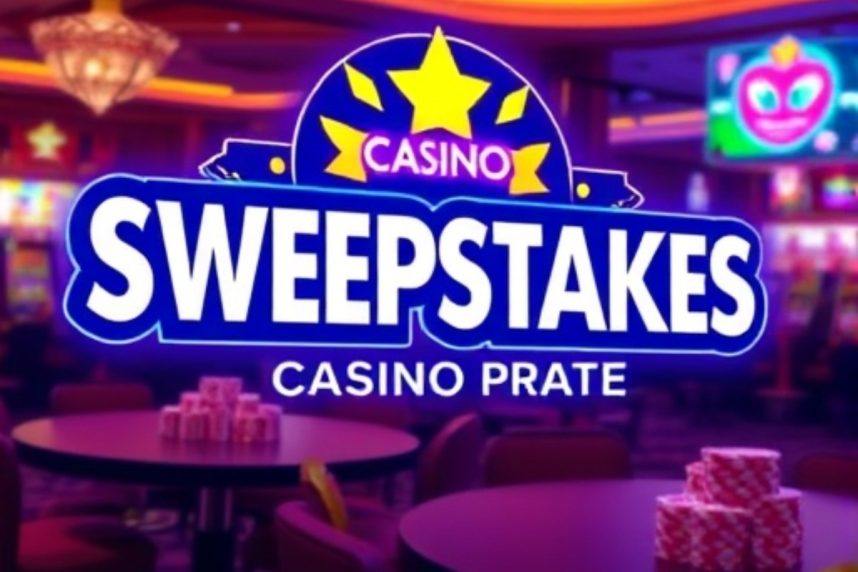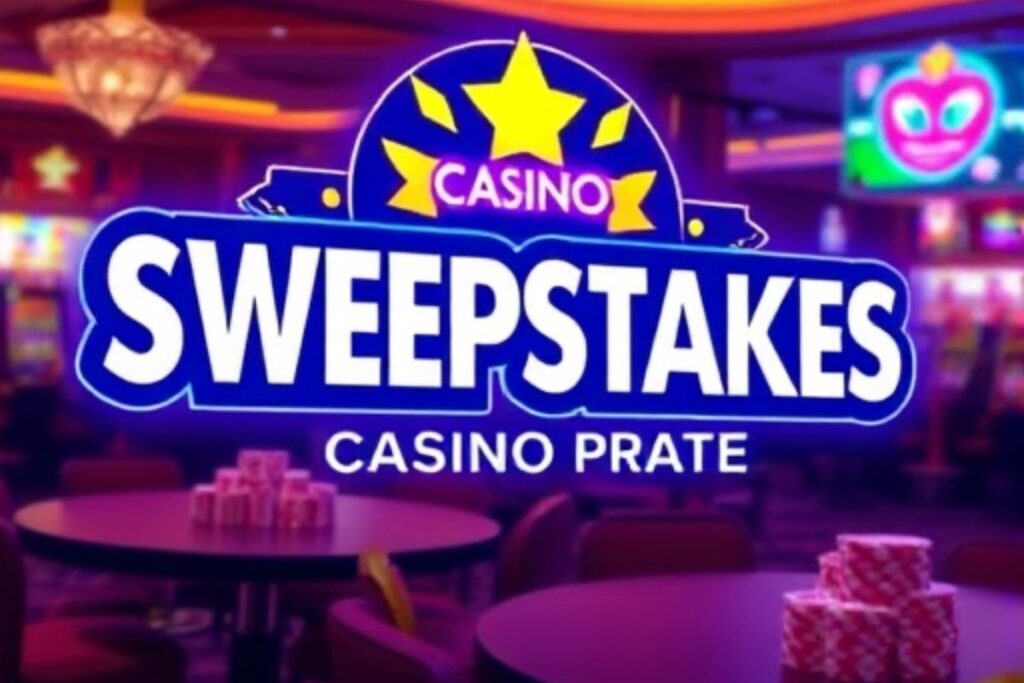Posted on: December 2, 2024, 03:03h.
Last updated on: December 2, 2024, 03:04h.
Veteran Washington Post features writer Rick Maese did a deep dive into the controversial world of online “sweepstakes” casinos that claim not to be gambling websites because they initially give new players an allotment of free coins.

Sweeps casinos bill themselves as free-to-play social gaming websites. When a new account is registered, players are provided free coins that can be used on interactive slot machines and table games. When those tokens dry up, or if a player desires to play for real money, sweeps casinos offer a secondary digital currency that can be used to win cash.
In his report published last Wednesday, Maese presented a slew of evidence suggesting that the grey gaming platforms prey on the vulnerable and provide no responsible play protections.
Maese detailed an account of a 41-year-old transportation professional in St. Louis who admitted to purchasing almost $100K worth of sweeps coins over the course of a year. The man said he initially wagered $10 or $20 but soon found himself making larger, more frequent deposits to continue playing — money he couldn’t afford to lose.
It’s almost like I blacked out. I remember how fast it went. It’s such an embarrassing thing,” the man named Erik said.
“These are such childlike little games,” Erik continued. “I don’t even know how it happened.
Mounting Controversy
Sweeps casinos have faced regulatory pushback in several states. Gaming regulators have sent cease-and-desist letters to several popular online sweepstakes casinos, namely Virtual Gaming Worlds (VGW) and its internet gaming brands Chumba Casino, LuckyLand Slots, and Global Poker.
Prosecuting sweeps casinos, which operate from iGaming-friendly jurisdictions like Malta, the Isle of Man, the Philippines, Gibraltar, Curacao, and Anjouan, is difficult because the entities are based offshore. The websites claim they’re licensed to conduct the games they operate and are primarily engaged in the social gaming industry.
Social gaming refers to free gaming apps and websites that provide online slots and table games. Playing is free, but customers who run out of free tokens can purchase additional credits. However, there’s no ability to win actual money, as a patron can’t cash out credits.
The proliferation of social casinos pivoting to sweeps casinos continues. Eilers & Krejcik, a gaming consulting and market research firm, says Americans poured almost $6 billion into sweeps casinos last year. The consultancy projects that number to more than double in 2024.
Operating in a grey area, sweeps casinos have paid celebrities millions for endorsing their apps. Ferrari’s Formula One team is sponsored by VGW. Ryan Seacrest, Michael Phelps, DJ Khaled, and Paris Hilton are a few notables also slinging sweeps products.
Call for Action
DraftKings, FanDuel, BetMGM, and Fanatics sportsbooks are the four members of the Sports Betting Alliance. The cooperative lobbies state lawmakers to authorize sports betting on the belief that a regulated market is in the public and government’s best interest.
The SBA says while online sports betting is legal in only 30 states and Washington, D.C., online sports wagering is being conducted in all 50 states through offshore platforms. The SBA thinks expanding legal iGaming from the current seven states where online slots and table games are regulated would hurt sweeps casinos’ business model.
iGaming is already happening across the U.S., but as this Washington Post investigation highlights, the vast majority of users are betting on unregulated, offshore platforms that provide no verified protections for consumers and avoid billions in potential gaming taxes that would go to states,” a statement from SBA to Casino.org read. “Just like with legalized sports betting, states can create a regulated marketplace for iGaming — one that offers regulator-tested products and verified consumer protections — and combat these unregulated, offshore platforms. It’s a win-win.”
Currently, iGaming is only permitted in Connecticut, Delaware, Michigan, New Jersey, Pennsylvania, Rhode Island, and West Virginia.




